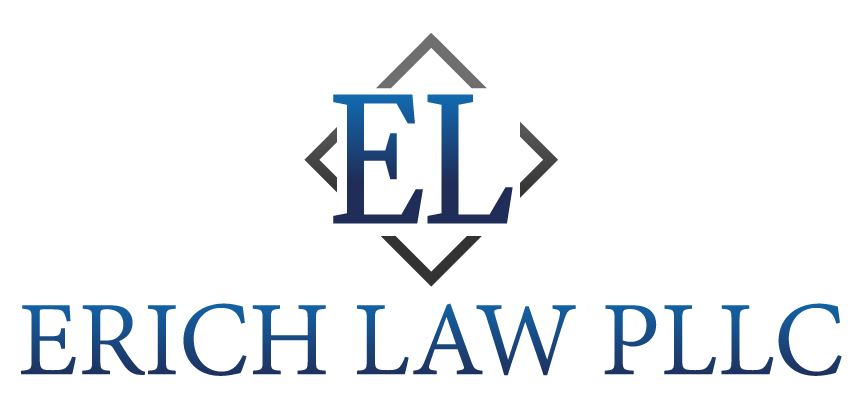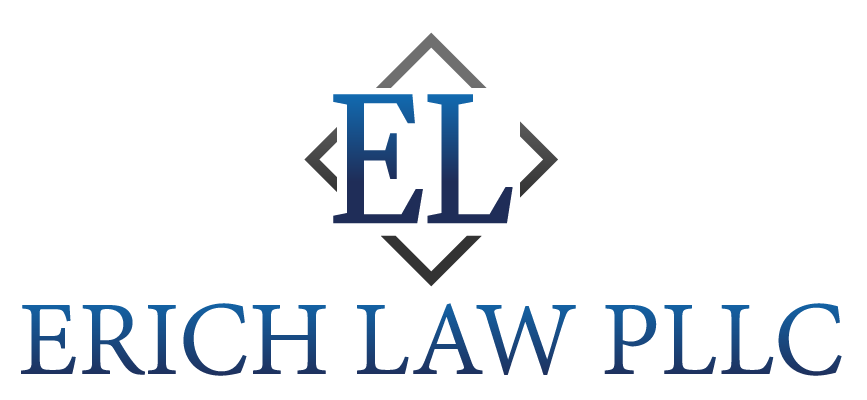MAXIMIZING TAX EFFICIENCY: NAVIGATING THE QUALIFIED BUSINESS INCOME DEDUCTION AND STRATEGIC TAX PLANNING FOR BUSINESS OWNERS
As part of Erich Law’s commitment to keeping our clients well-informed, today we’re diving into the world of tax planning for business owners. In this blog post, we’ll explore the Qualified Business Income (QBI) tax deduction and its profound impact on entity selection. Additionally, we’ll shed light on other valuable business deductions and credits, along with strategic approaches to reduce both personal and business tax burdens.
Understanding the Qualified Business Income Deduction (QBI):
The Qualified Business Income deduction is a significant provision introduced by the Tax Cuts and Jobs Act (TCJA) to provide relief for pass-through entities. Business structures like sole proprietorships, partnerships, S corporations, and certain LLCs allow income to “pass through” to the owners, who report pass-through income on their IRS Form 1040 individual tax returns. The QBI deduction allows eligible taxpayers to deduct up to 20% of their qualified business income, subject to certain limitations and conditions. (See what the IRS has to say on the subject, here.)
Impact on Entity Selection:
Choosing the right business entity is a crucial decision with long-term implications for tax planning. The QBI deduction has made this decision even more nuanced. For example, pass-through entities are generally eligible for the deduction, but various factors such as industry (whether your business sells “goods” or engages in “specialized service trades or businesses” are factors that weigh heavily into the equation), income levels, and wage expenses can influence the optimal choice. (You can learn more from the IRS, here.)
- Owners of these entities may qualify for the QBI deduction, but considerations such as total income and wage payments are crucial. We recommend a thorough analysis to determine the most tax-efficient structure.
- While S corporations can benefit from the QBI deduction, limitations based on wages and capital investment may apply. Strategic planning to maximize these factors is essential.
- Though not eligible for the QBI deduction, C corporations benefit from a reduced corporate tax rate. Careful consideration of the overall tax picture is necessary to make an informed decision.
Beyond QBI: Exploring Additional Deductions and Credits:
Apart from the QBI deduction, business owners can leverage various strategies to minimize their tax burdens:
- Implementing accountable plans for employee reimbursements ensures that business expenses are substantiated, reducing taxable income.
- Offering health and life insurance benefits not only attracts and retains valuable employees but also provides tax advantages for both employers and employees.
- Contributing to retirement plans like 401(k)s or Simplified Employee Pension (SEP) IRAs not only secures the financial future of business owners but also offers tax-deferred growth.
Conclusion:
In conclusion, the Qualified Business Income deduction can be a game-changer for pass-through entities, influencing the choice of business structure and impacting your bottom line. However, the business tax landscape is always changing, and strategic business organizations and tax planning extend far beyond the QBI deduction. At Erich Law, PLLC, we are dedicated to helping business owners make informed decisions about their entity choice and structure to optimize their financial gains. We work with a trusted network of specialized tax professionals to assist with the accounting and tax prep. We are more than happy to coordinate with the tax professional of your choice, as well. For personalized advice tailored to your specific situation, don’t hesitate to reach out to our experienced team. Stay tuned for more insights on legal and financial matters impacting your business.




Comments are closed